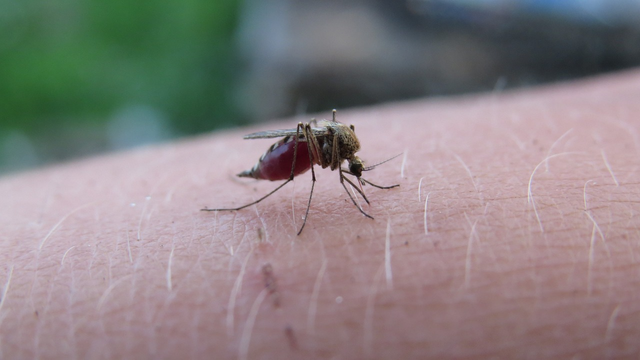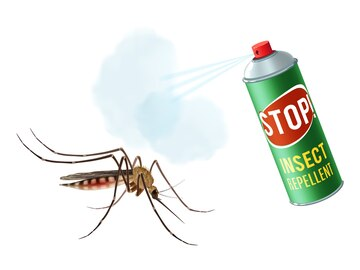Malaria|Malaria Awareness Challenge
 source source |
|---|
Malaria is a serious disease spread by infected Anopheles mosquitoes. When a person is bitten by this mosquito, the parasites multiply within the host's liver before causing an infection that destroys red blood cells. Initial symptoms include fever, and if left untreated, the infection can harm internal organs and potentially lead to death.
Malaria is a disease characterized by symptoms such as fever, chills, and headache, which can progress to severe or fatal complications. Its impact varies among individuals; some may show symptoms while others may become seriously ill.
Fever
Fever occurs when body temperature rises above normal and is a common symptom of malaria. When an infection happens, the immune system reacts thereby increasing the temperature of the body. Minor fever sometimes usually resolves on its own. However, if the temperature rises too high, it may be a symptom of severe malaria infection that requires the services of a healthcare provider.
Chills
Malaria causes chills in the body because of the multiplying parasite released into the bloodstream, which makes the temperature of the body system increase, leading to a shivering sensation. This is when you see someone feeling cold and shivering in a very hot environment.
Headache
When the malaria parasite infects red blood cells and multiplies, it releases toxic substances into the bloodstream, which trigger the immune system to produce inflammatory chemicals that can cause heavy headaches.
Malaria can affect our lives in many ways. It can develop a serious illness or long-term health issues in our body, and if left untreated or not treated properly, it can lead to death. It destroys red blood cells, which can lead to a lack of oxygen in our body system.
 source source |
|---|
When it comes to pregnant women and their babies, it causes jaundice to the baby, making their skin and eyes turn yellow; it can also cause seizures in children and pregnant women. Malaria can cause breathing problems whereby fluid builds up in the lungs, making it difficult for someone to breathe. Malaria can damage your liver or kidneys, or cause your spleen to rupture.
 source source |
|---|
To prevent malaria, use mosquito repellent. Wear long clothing with stockings, especially at dawn when mosquitos are more active. Sleep under a
treated mosquito net, install mosquito net on doors, and keep windows closed. Remove sources of stagnant water and cover dirty dishes to eliminate mosquito breeding sites. Leave in a clean and healthy environment.
Doing all these will keep us away from mosquito bites, prevent us from suffering from malaria parasites, and promote healthy living. I am inviting @mhizta, @pea07, and @crismenia to participate in this contest.
I don't think there's anyone who is not affected by malaria. The funny part of it is that because it is very common, as soon as someone has headache or fever they will immediately suggest you treat malaria. Have you noticed that too? Talking about malaria, a lot of people has been saying different ways of preventing this sickness but in one way or the other you'll still contacted to it. I think the best way is to boost our immune system. If you suggest wearing a long sleeve, how about when the weather is hot. Our immune system is like a shield 🛡️ that safeguard our body from disease. So in addition to keeping our environment clean, getting rid of stagnant water, using mosquito repellent, mosquito net and so on, my suggestion is making sure we boost our immune system. Thank you for the invite. Have you treated recently?